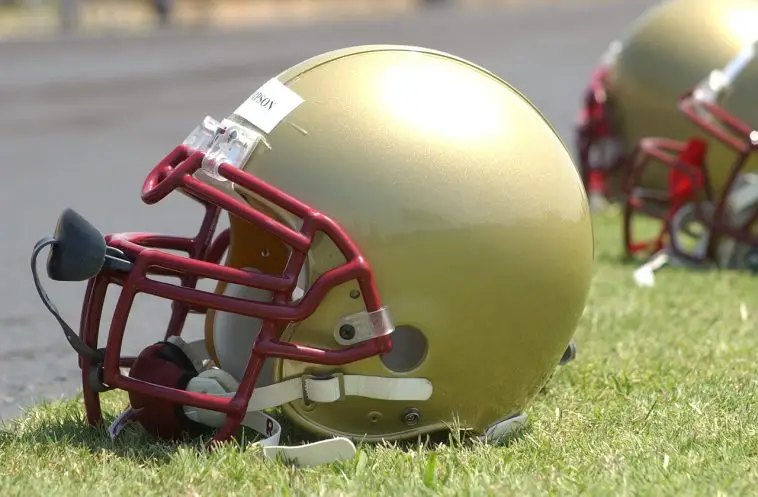Do you support penalizing athletes who kneel during the national anthem?
The act of kneeling during the national anthem at sporting events has sparked significant controversy and debate in recent years. From a conservative perspective, this practice is seen as disrespectful to the flag, the nation, and the values that many Americans hold dear. Punishing players who kneel during the anthem is essential for upholding respect for national symbols, maintaining unity, and honoring the sacrifices made by those who have served and protected the country. Here’s why imposing penalties on players who kneel during the anthem is justified and necessary.
Upholding Respect for National Symbols
The national anthem and the American flag are powerful symbols of the country’s values, history, and unity. They represent the freedoms and rights that define the United States, as well as the sacrifices made by countless individuals to protect those freedoms. Kneeling during the anthem is perceived by many as a sign of disrespect towards these symbols and the nation itself. By imposing penalties on players who engage in this act, we reinforce the importance of showing respect for the flag and the anthem, thereby upholding the dignity of these national symbols.
Promoting Unity and Patriotism
Sporting events are a time-honored tradition that brings people together, transcending individual differences to celebrate collective achievements and the spirit of competition. The national anthem, played before these events, is a moment of unity and patriotism, reminding us of our shared identity and values. When players kneel during the anthem, it disrupts this moment of unity and can create division among fans and viewers. Punishing players who kneel helps preserve the sense of unity and patriotism that the anthem is meant to inspire, fostering a more cohesive and harmonious society.
Honoring Military and First Responders
The national anthem is also a tribute to the men and women who have served in the military and as first responders. These individuals have made tremendous sacrifices to protect the freedoms and security of the nation. Kneeling during the anthem can be seen as a slight to their service and sacrifices. By penalizing this act, we demonstrate our gratitude and respect for those who have put their lives on the line for the country, ensuring that their contributions are honored and appreciated.
Reinforcing the Role of Sports as a Platform for Unity
Sports have long been viewed as a unifying force, bringing together people from diverse backgrounds to share in the excitement and camaraderie of competition. The national anthem, as part of this tradition, serves to emphasize the shared values and unity of the participants and spectators. When players kneel during the anthem, it introduces a political statement into a setting that is meant to transcend politics and focus on shared experiences. Punishing players for kneeling helps maintain the integrity of sports as a platform for unity and enjoyment, free from divisive political gestures.
Encouraging Constructive Channels for Protest
While the right to protest is fundamental to American democracy, there are appropriate and constructive channels for expressing dissent. Kneeling during the national anthem is seen by many as an inappropriate venue for protest, given the context of respect and unity that the anthem represents. By penalizing players who kneel, we encourage individuals to find alternative, more constructive ways to express their concerns and advocate for change. This approach allows for meaningful dialogue and action without compromising the integrity of national symbols and traditions.
Aligning with Organizational Standards and Expectations
Many professional sports organizations have established codes of conduct and expectations for player behavior, particularly during public ceremonies such as the playing of the national anthem. Punishing players who kneel during the anthem aligns with these organizational standards and reinforces the importance of adhering to agreed-upon norms and behaviors. This consistency helps maintain a level of professionalism and respect within the sporting community, ensuring that all participants understand and abide by the rules.



